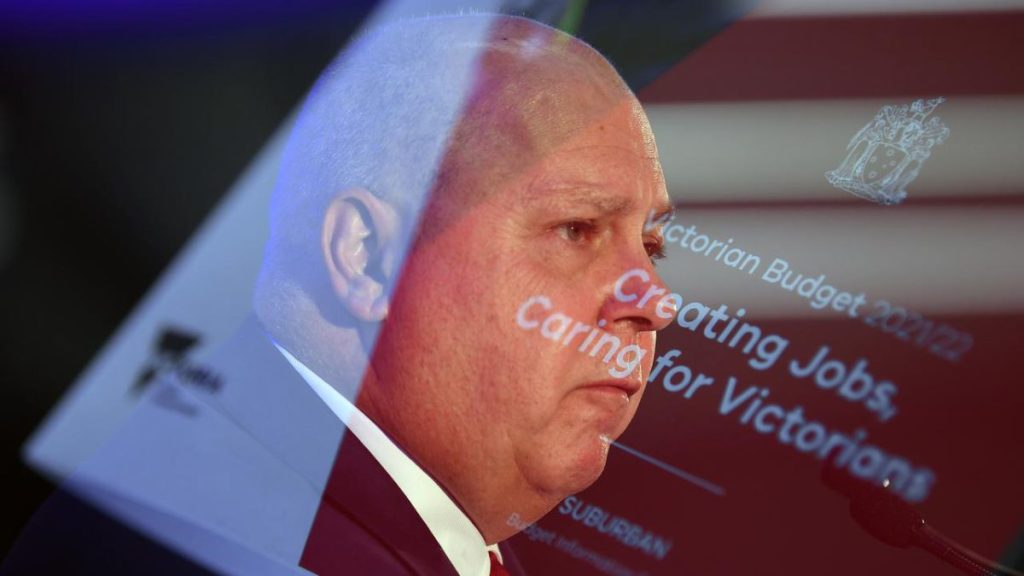MELBOURNE, Australia — Lobby groups have slammed the Victorian government’s plan to tax Australian businesses to help pay for an overhaul of the state’s mental health system.
The Mental Health and Wellbeing Levy, unveiled by Treasurer Tim Pallas on May 20, will hit businesses that pay more than AU$ 10 million ($7.76 million) in national wages with a 0.5 percent increase.
Businesses with national payrolls above AU$100 million ($77.6 million) will pay one percent.
The tax was a main mental health royal commission recommendation and will affect less than five per cent of employers, Pallas said.
It will begin on January 1, 2022, and is anticipated to raise almost AU$3 billion ($2.32 billion) in four years.

The mental health funding totals AU$4.8 billion ($3.72 billion), including AU$1.5 billion ($1.16 billion) for 20 local mental health hubs and AU$954 million ($741.1 million) to replace 22 existing services.
Pallas argued businesses that did well in spite of the pandemic should help the community, “so that no one gets left behind”.
But the move has been slammed by business groups, and opposition leader Michael O’Brien described it as a “new tax on jobs.”
Business Council chief executive Jennifer Westacott said the tax “sets a very dangerous precedent of fiscal repair which ultimately harms growth”.
“An approach that pits some Victorians against others by taxing jobs makes everyone a loser,” she said.

Victorian Chamber of Commerce and Industry boss Paul Guerra said the government “needs to stop treating business as a fund of last resort”.
Victorian Council of Social Service chief executive Emma King said the levy “must not become a political football” and “mental health should be above politics”.
A new windfalls gain tax and increased land tax and stamp duty on high-end properties has also drawn the ire of all four of the property sector’s lobby groups. They are planning a major campaign against the changes.
Victoria’s big-spending budget delivers AU$7.1 billion ($5.51 billion) to hospitals and healthcare, AU$3.5 billion ($2.71 billion) for education and AU$3.2 billion ($2.48 billion) for public transport.
It forecasts an AU$11.6 billion ($9.01 billion) deficit in 2021/22 — down from a projected AU$13.1 billion ($10.18 billion) — though the treasurer predicts Victoria can achieve an operating cash surplus of AU$1.1 billion ($854 million) by 2022/23.
Net debt will hit AU$102.1 billion ($79.34 billion) this year before growing to AU$156.3 billion ($121.47 billion) in the 2024/25 financial year.
Pallas will spend Friday spruiking the budget.
(Edited by Vaibhav Vishwanath Pawar and Praveen Pramod Tewari)
The post Australia’s Victoria Mental Health Tax Slammed By Business appeared first on Zenger News.


